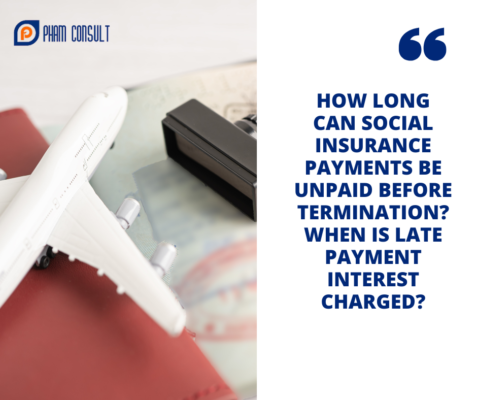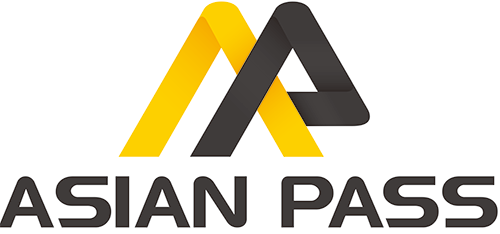How long will it take for social insurance to be cut off if not paid? When will late social insurance interest be charged according to the law? Who are the subjects participating in compulsory social insurance according to the law?

How long can social insurance payments be unpaid before termination?
According to Article 61 of the 2014 Social Insurance Law, which regulates the retention of social insurance contribution periods:
Retention of social insurance contribution periods
Employees who leave their jobs without meeting the conditions for receiving a pension under Articles 54 and 55 of this Law or have not yet received a one-time social insurance payout under Article 60 of this Law are entitled to retain their social insurance contribution period.
Additionally, Clause 5, Article 3 of the 2014 Social Insurance Law defines the social insurance contribution period as follows:
Definition of social insurance contribution period
“…
5. The social insurance contribution period is the duration from when an employee starts paying social insurance until they stop contributing. If an employee contributes to social insurance intermittently, the total contribution period is the sum of all the periods in which they paid social insurance.
…”
Thus, to protect employees’ rights, the law ensures that if an employee stops working without qualifying for a pension or without receiving a one-time social insurance payment, their contribution period will be retained.
The social insurance contribution period is counted from the first payment until the employee stops contributing. If contributions are made intermittently, the total contribution period is the sum of all the paid periods.
Therefore, social insurance is not terminated due to non-payment; instead, the contribution period is retained until the individual claims their social insurance benefits.
When is late payment interest charged on social insurance contributions?
According to Article 122 of the 2014 Social Insurance Law:
Handling Violations of Social Insurance Law
- Organizations and agencies violating the provisions of this Law will face administrative penalties depending on the severity of the violation. If damages occur, they must provide compensation according to the law.
- Individuals violating this Law may be subject to administrative penalties, disciplinary action, or criminal prosecution, depending on the severity of the violation. If damages occur, they must provide compensation according to the law.
- Employers who fail to pay social insurance contributions as stipulated in Clauses 1, 2, and 3 of Article 17 of this Law for 30 days or more must:
- Pay the full outstanding and overdue social insurance contributions.
- Face legal penalties.
- Pay late payment interest, calculated as twice the average social insurance fund investment return rate of the previous year on the unpaid amount and the overdue period.
- If the employer fails to pay, authorized officials may instruct banks, financial institutions, or the state treasury to deduct the owed amount from the employer’s bank account to settle the unpaid contributions and accrued interest to the social insurance agency.
Thus, if social insurance contributions are delayed by 30 days or more, employers must not only pay the owed amount but also incur late payment interest calculated at twice the previous year’s average social insurance fund investment rate on the overdue sum and period.
Who is required to participate in mandatory social insurance under the law?
According to Article 2 of the 2014 Social Insurance Law, individuals subject to mandatory social insurance include:
- Employees working under permanent employment contracts, fixed-term contracts, seasonal contracts, or specific-task contracts lasting 3 months to less than 12 months, including contracts signed with legal representatives for employees under 15 years old, in accordance with labor laws.
- Employees working under fixed-term contracts of 1 month to less than 3 months.
- Government officials and public employees.
- National defense and security workers.
- Officers, professional soldiers in the People’s Army; officers, non-commissioned officers in the People’s Public Security; and specialized technical officers in the Public Security force.
- Non-commissioned officers, soldiers in the army and police force serving under fixed-term enlistment; students in military, police, and cryptographic institutions receiving allowances.
- Vietnamese workers assigned to work abroad under contracts, as stipulated in the Law on Vietnamese Workers Abroad.
- Business managers and cooperative executives receiving salaries.
- Part-time officials in communes, wards, and townships.
- Foreign employees working in Vietnam who have a work permit, practicing certificate, or professional license issued by a competent Vietnamese authority, as regulated by the Government.
Employers required to contribute to social insurance include:
- State agencies, public service units, and armed forces units.
- Political, socio-political, socio-professional, and other social organizations.
- Foreign organizations, international organizations operating in Vietnam.
- Businesses, cooperatives, household businesses, partnerships, and other organizations and individuals hiring employees under labor contracts.




 VI
VI